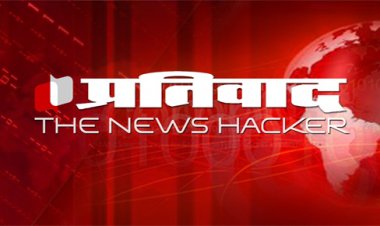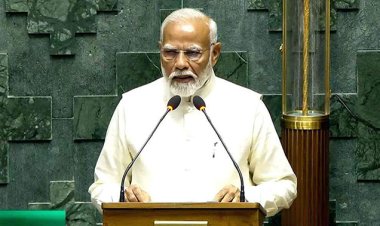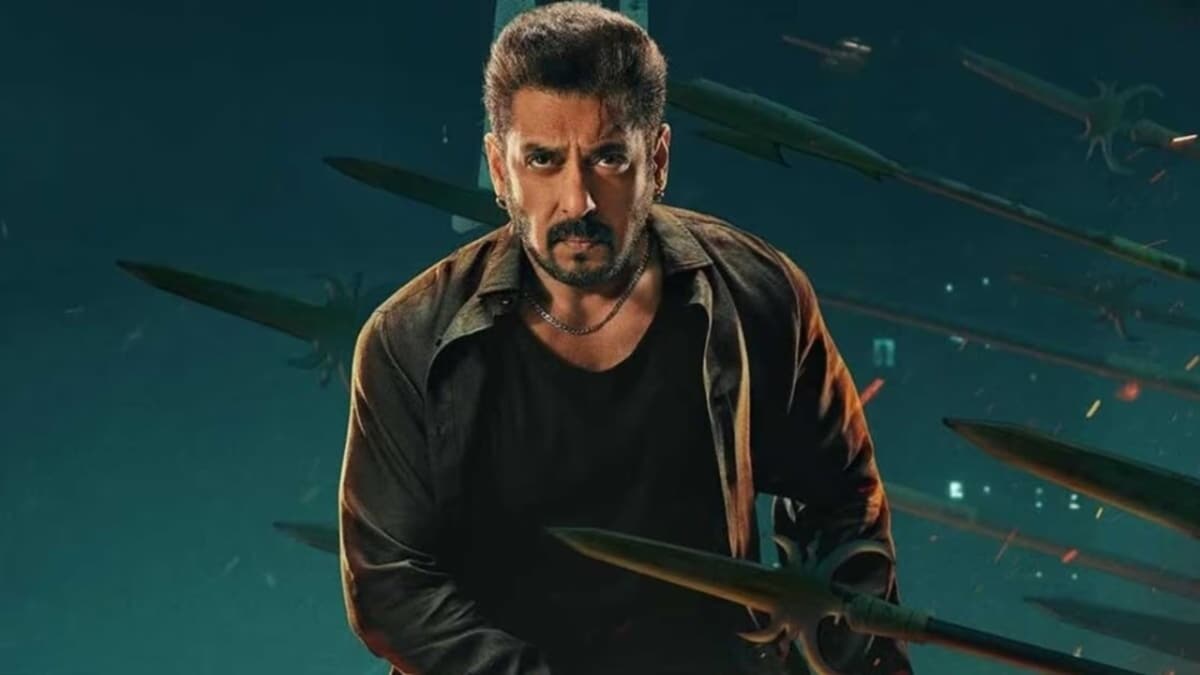Independence Day 2023: From a world-class metro in Delhi to Indian Premier League, historical events that shaped India
Independence Day 2023: From a world-class metro in Delhi to Indian Premier League, historical events that shaped India

India commemorates its 77th Independence Day on 15 August 2023. While the milestones achieved by the subcontinent are enormous, it is imperative to look at the landmark decisions that made the feat possible. As the nation stepped forth into a new century, it experienced a high birth rate with the population touching a billion in 2000. Achievements like a world-class metro in Delhi, the introduction of acts like RTI and MGNREGA along with India’s first gold at the Olympics gave an edge to the country’s development.
On the other hand, frightening challenges like the Parliament attack of 2001, the Gujarat riots of 2002, and a large-scale terrorist attack targeting India’s financial capital Mumbai sent shockwaves across the nation.
India’s population reaches a billion (2000)
On 11 May 2000 at 5:05 am, India’s billionth baby was born at Delhi’s Safdarjung Hospital. The event received extensive television coverage along with concerns about an exploding population. The milestone left India only behind China in population.
Parliament under attack (2001)
On 13 December 2001, terrorism knocked on Indian democracy’s doors. Parliament was attacked by terrorists belonging to Jaish-e-Mohammed and Lashkar-e-Taiba. The men who drove into the complex with an unmarked car but with official government stickers, evading security, were eventually killed. The infamous incident worsened Indo-Pak ties further.
Gujarat riots (2002)
In February 2002, a fire in a train compartment at Gujarat’s Godhra station killed several Kar sevaks. This further led to anti-Muslim riots that rocked the state for over three days. The horrific communal violence led to several complaints of arson, murder, and rape and ended with over 1,000 deaths, hundreds missing, and thousands more injured.
Delhi got a world-class metro (2002)
With the introduction of the Delhi Metro’s first line, one of the most convenient, accessible, and widely spread modes of public transportation was opened in 2002 in the national capital. It introduced mass transit by transporting lakhs of people from one place to the other at convenient rates. It came as a bonus to women, marking a safe travel option for them.
Rights and entitlements in focus with RTI and MGNREGA (2005)
The United Progressive Alliance (UPA) government introduced two social schemes in 2005 that brought transparency and accountability to the system. Firstly, the Mahatma Gandhi National Rural Employment Guarantee Act (MGNREGA) promised 100 days of paid work to one person from every poor family in rural areas. Next up, the Right to Information Act (RTI) addressed longstanding demands for more clarity on government decisions.
Indian Premier League (2007)
In 2007, the Board of Control for Cricket in India (BCCI) changed the face of cricket with the launch of an innovative tournament called the Indian Premier League (IPL), played in the Twenty20 format. The glitzy competition was based on a city franchise model and quickly gained popularity in 2008. Since then, it has retained an unparalleled spot as the biggest cricket T20 league in the world.
India’s first individual gold at the Olympics (2008)
At the 2008 Beijing Olympics, Abhinav Bindra won gold in the 10m air rifle event, giving India its first-ever individual gold at the Olympics.
Terror ravages Mumbai (2008)
The infamous 26/11 attacks by Pakistan-based terror groups on key locations in Mumbai rang fright in India’s financial capital. It happened on the unfortunate day of 26 November 2008 when 10 members of Lashkar-e-Taiba, a Pakistani terrorist organisation, carried out coordinated shooting and bombing attacks, lasting four days, across the city.
The attacks that lasted until 29 November 2008 resulted in the death of 175 people including the nine attackers. Following the grave event, the United Progressive Alliance (UPA) government passed a stringent anti-terror law ‘The Unlawful Activities (Prevention) Amendment Act, 2008’ and set up a specialised counter-terrorism law enforcement agency in India, the National Investigation Agency (NIA).
One India, One ID (2009)
Aadhaar ignited a highly organised technology system for direct benefit delivery. Not only this, it also served as a foolproof way of identifying a person using biometrics. The fool-proof way has now become a pillar of government welfare schemes.






















